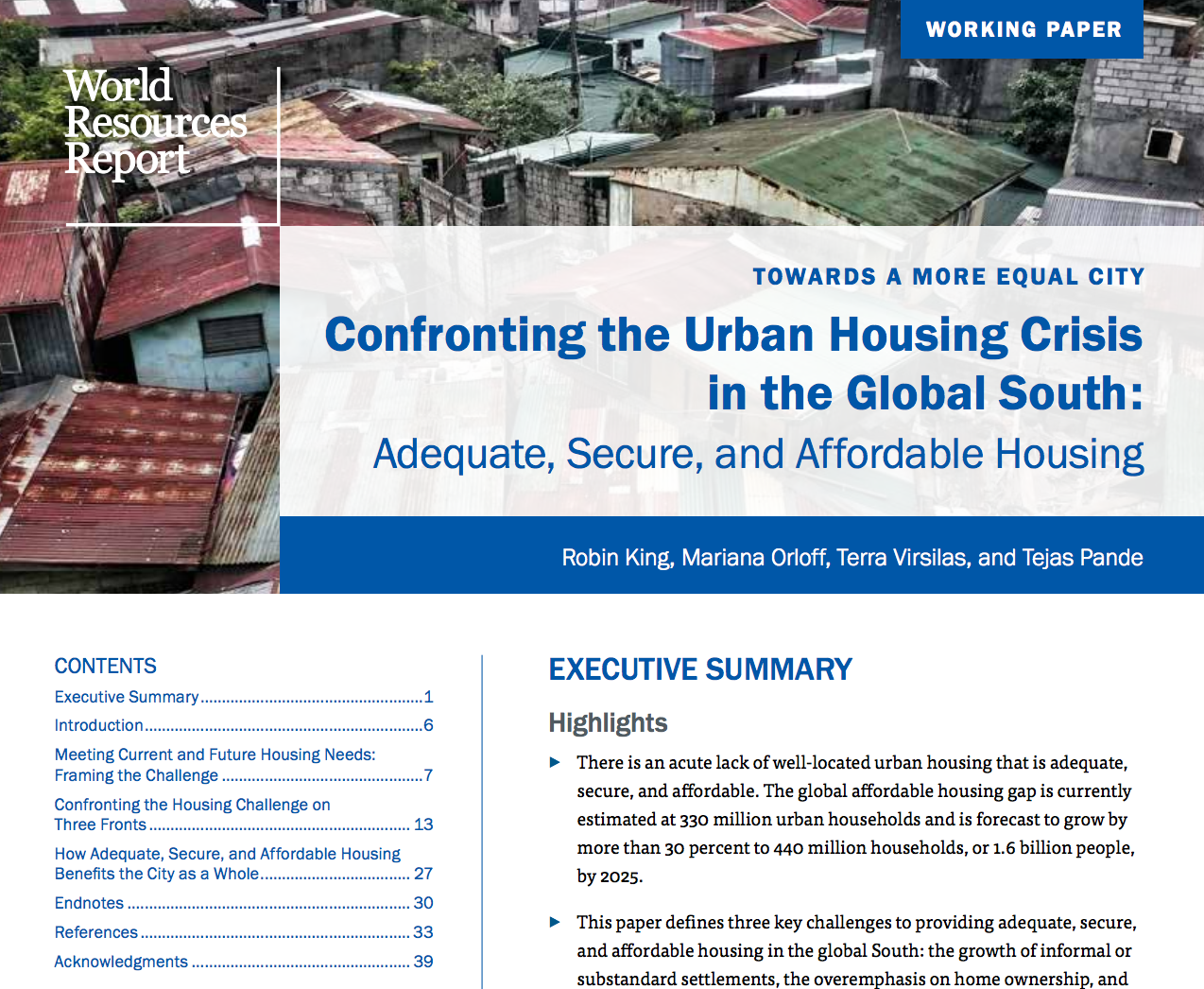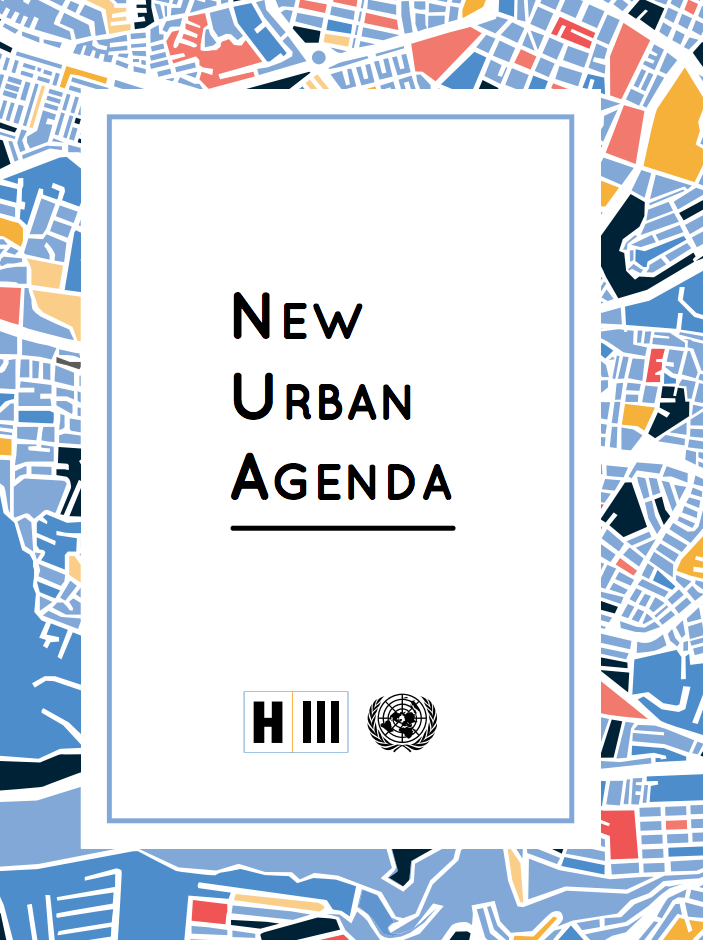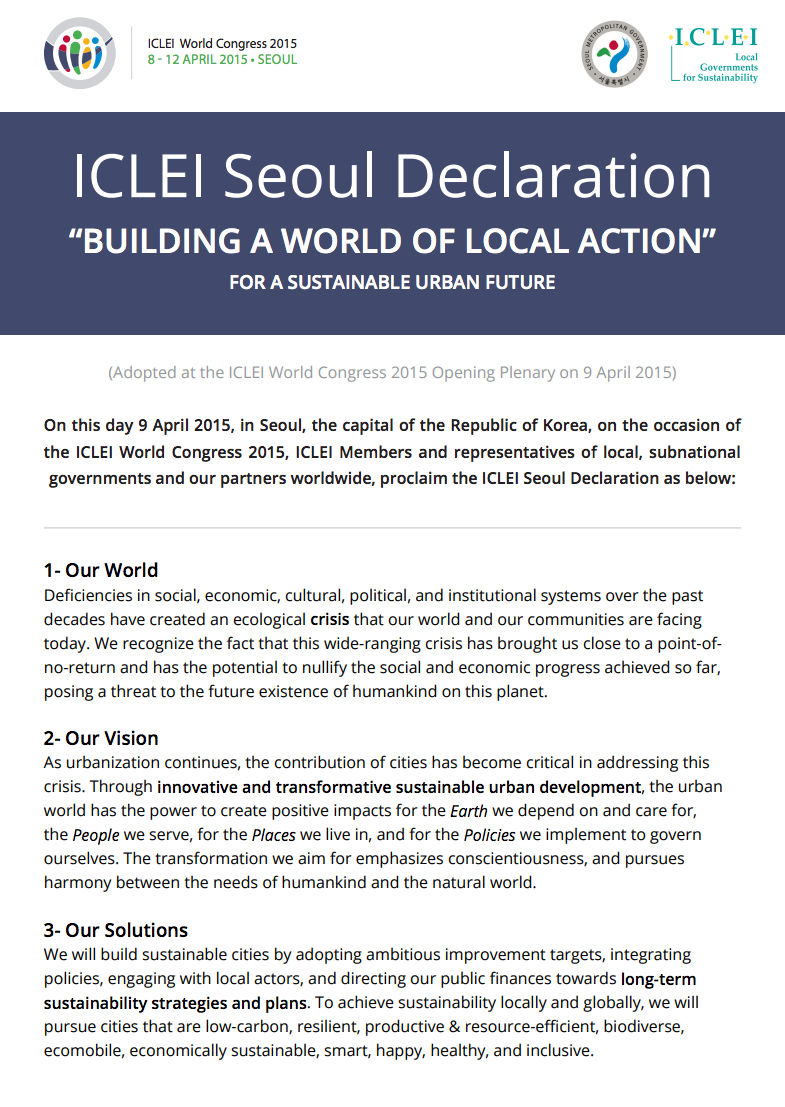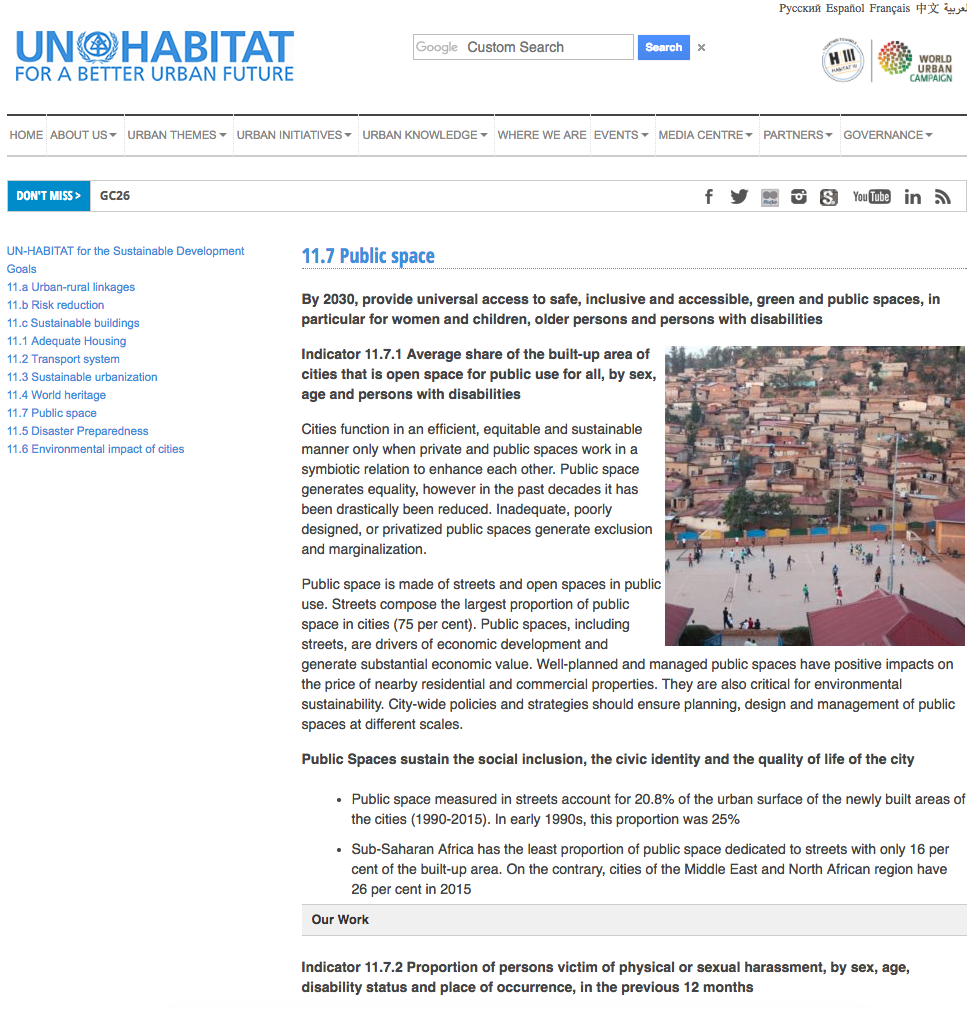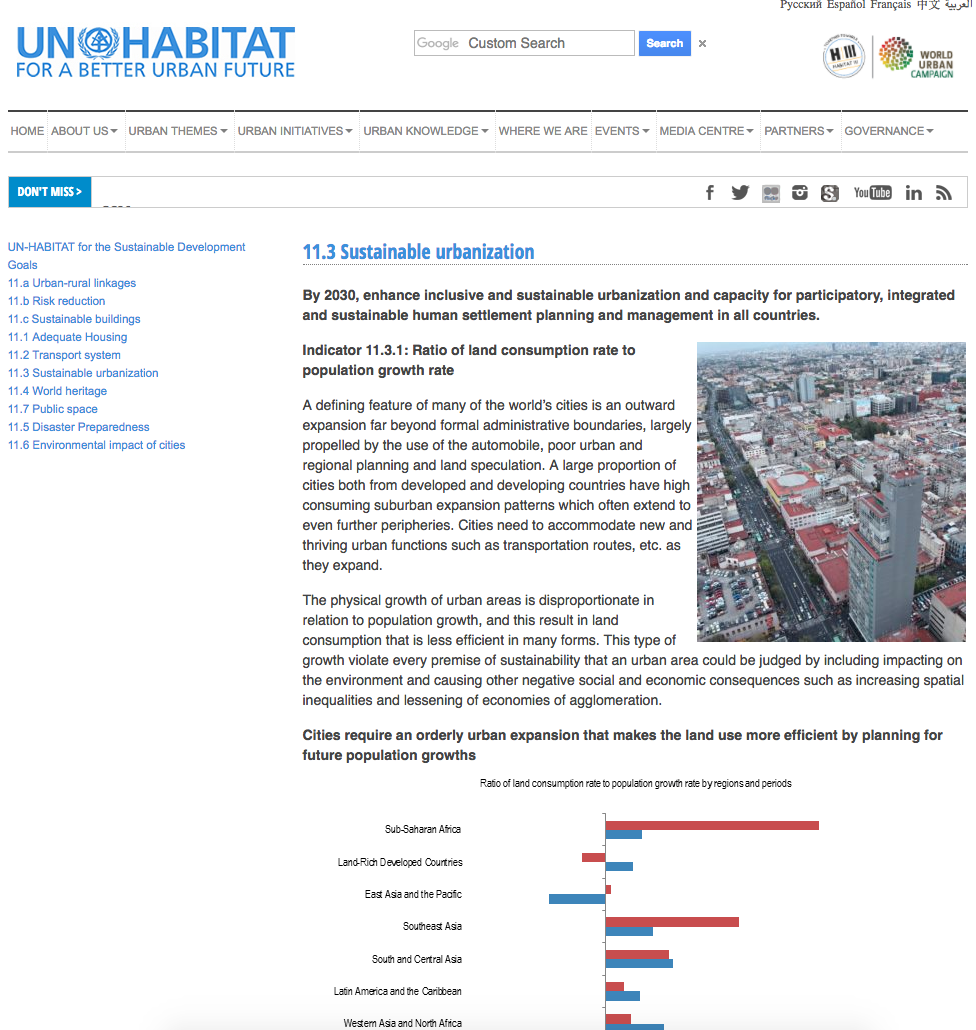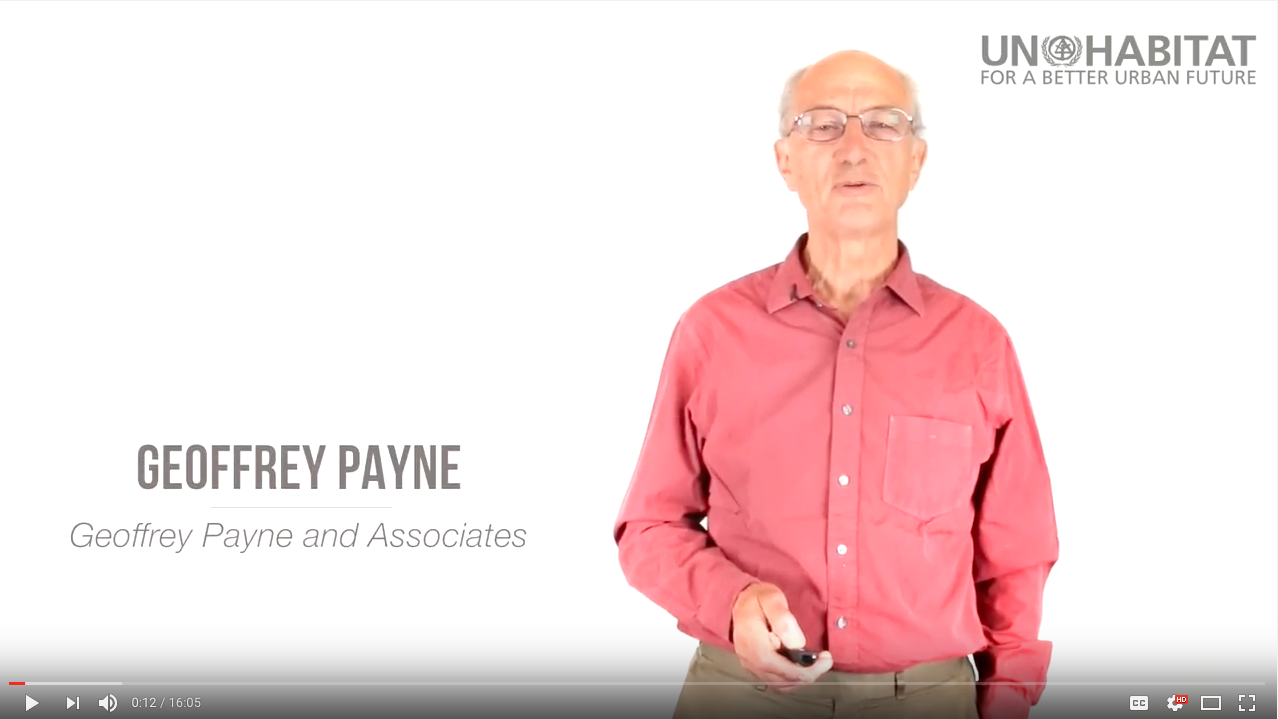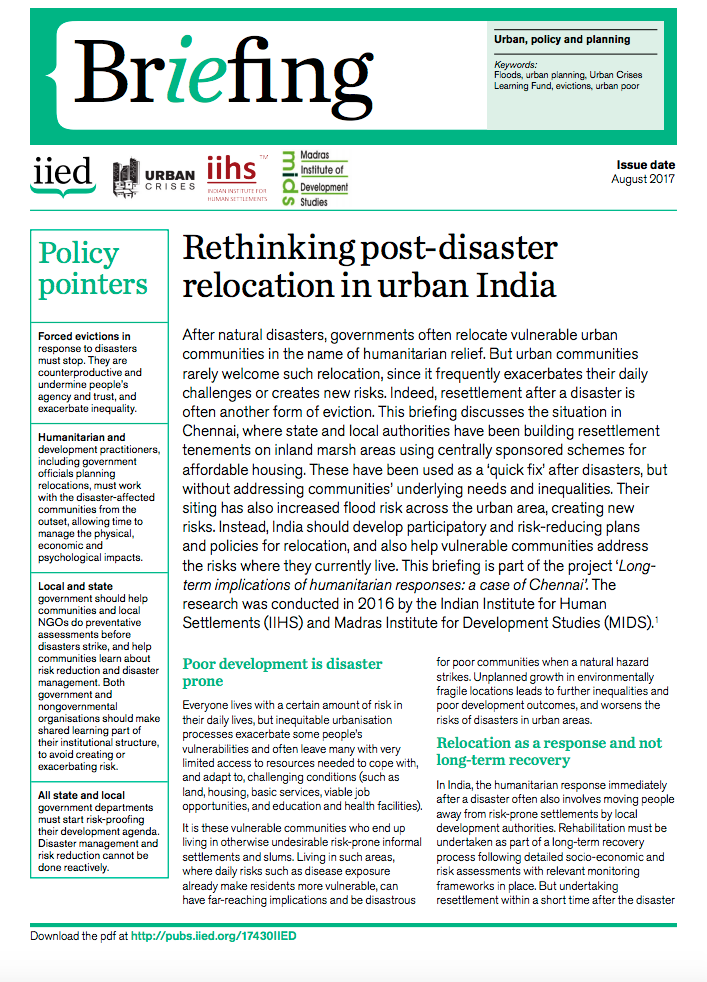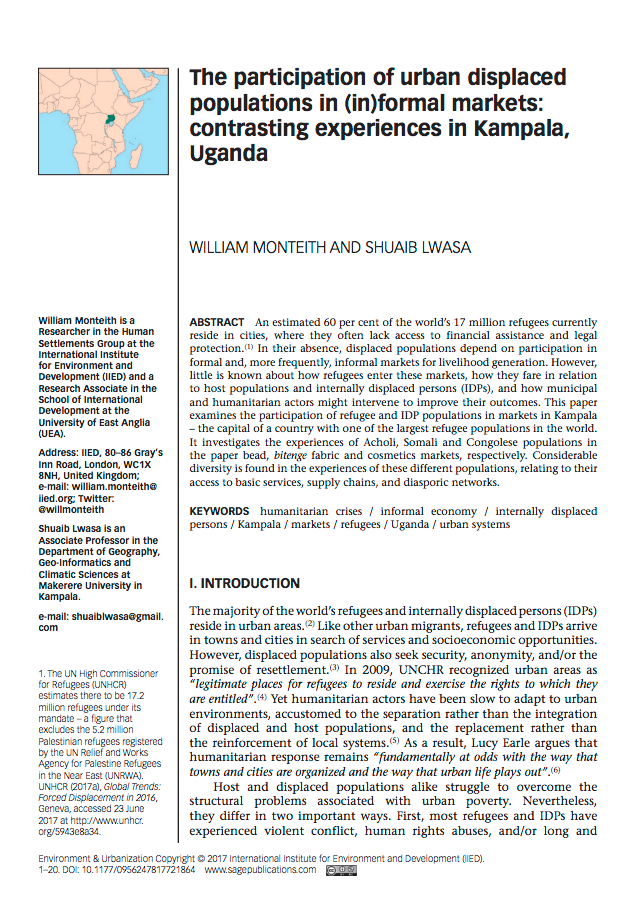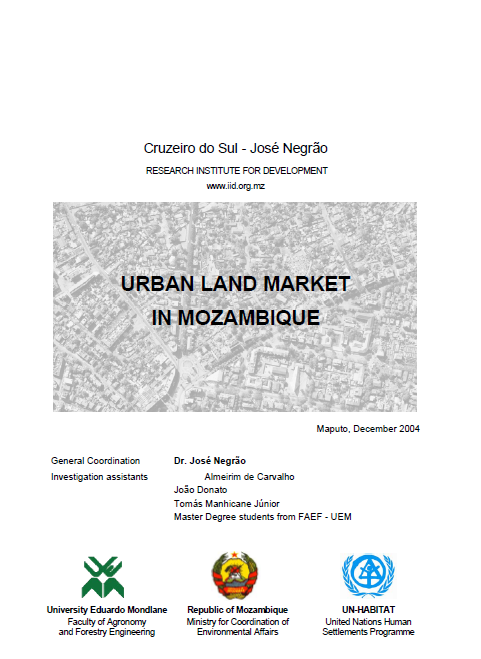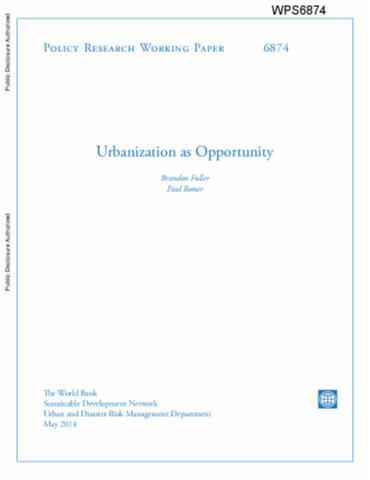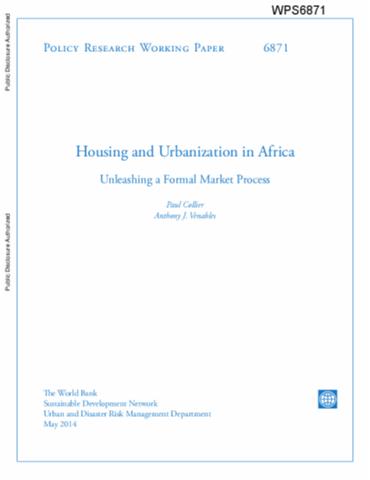Confronting the Urban Housing Crisis in the Global South: Adequate, Secure, and Affordable Housing
- There is an accute lack of well-located urban housing that is adequate, secure, and affordable. The global affordable housing gap is currently estimated at 330 million urban households and is forecast to grow by more than 30 percent to 440 million households, or 1.6. billion people, by 2025.

